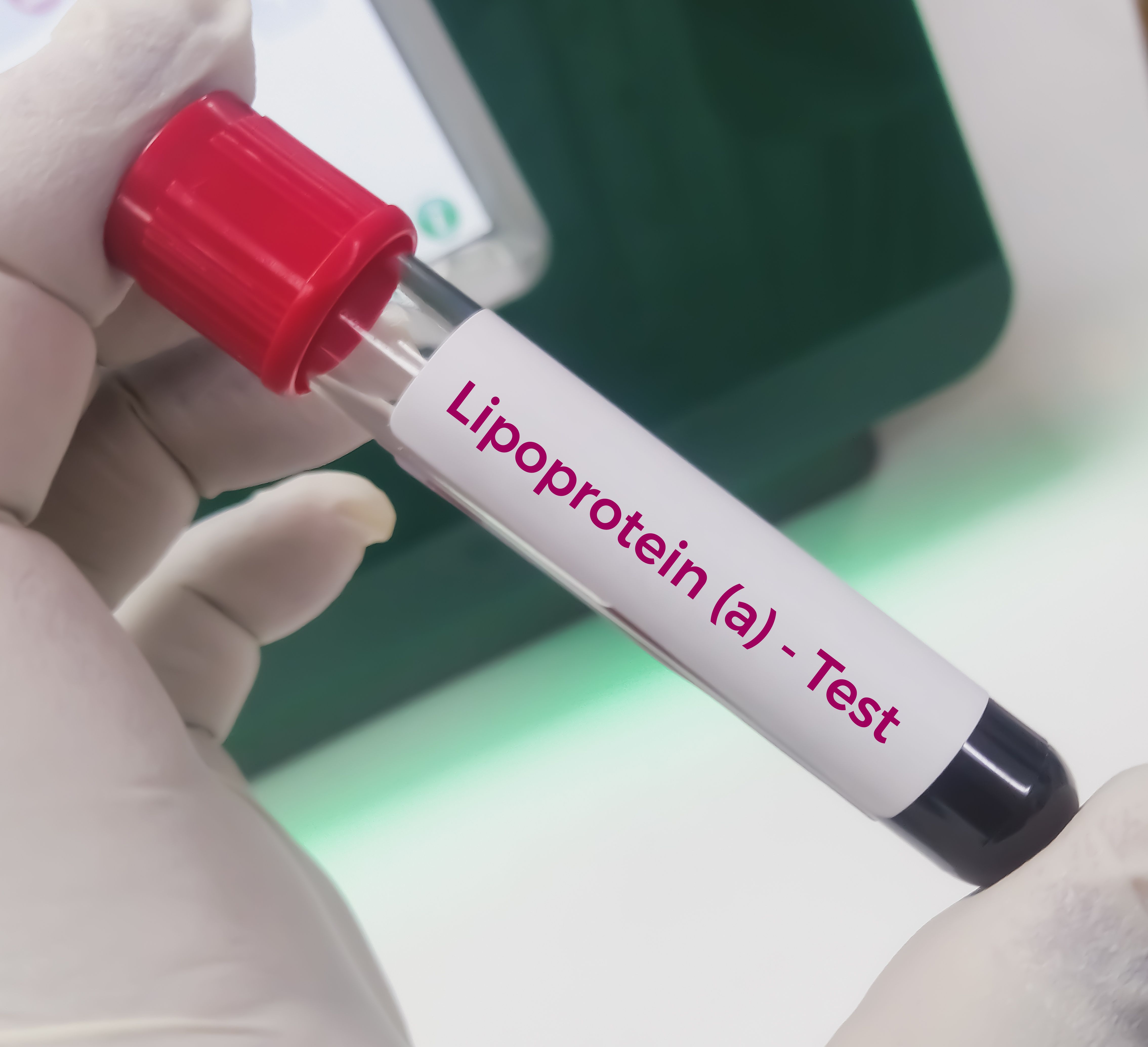
Cardiovascular Diseases
Latest News

Latest Videos
CME Content
More News
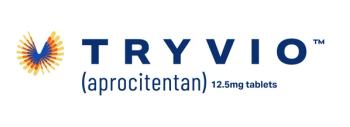
Tryvio, an oral drug for those with uncontrolled hypertension, will be available in the second half of 2024. The list price has not yet to be determined.

The FDA has set an action date of Nov. 29, 2024, to review acoramidis to treat patients with transthyretin amyloid cardiomyopathy.
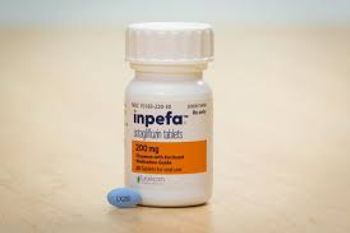
Inpefa is an inhibitor of both SGLT2 and SGLT1, approved to reduce the risk of cardiovascular death and hospitalization for heart failure in adults. The wholesale acquisition cost is $598 per month.
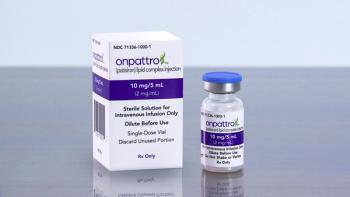
Alnylam Pharmaceuticals will no longer pursue this indication of Onpattro and will instead on focus on a label expansion for Amvuttra, which is in phase 3 development to treat patients with cardiomyopathy of ATTR amyloidosis.

Even though committee members voted in support of Onpattro for patients with cardiomyopathy related to transthyretin-mediated amyloidosis, there were questions about whether it provided a clinically meaningful benefit. The FDA set an action date of Oct. 8, 2023.
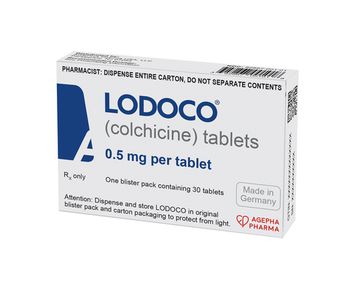
Lodoco targets the inflammation that is an underlying cause of atherosclerotic cardiovascular disease. It will be available in the second half of 2023.
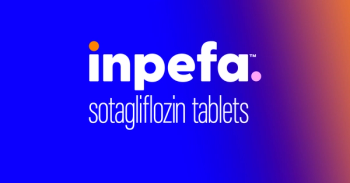
In an analysis, researchers determined that Inpefa is cost-effective at commonly accepted willingness-to-pay thresholds in treating patients with heart failure who have diabetes.

Inpefa (sotagliflozin) is in the SGLT inhibitor class recommended as first-line treatment for heart failure by the American Heart Association and other groups. Jardiance (empaglifozin), a competitor in that class, has a list price of $570.48 for a month's supply.

Evkeeza treats a rare form of high cholesterol. It is now approved for patients as young of 5 years of age.

Alnylam is seeking approval for Onpattro’s use in cardiomyopathy related to transthyretin-mediated (ATTR) amyloidosis. The FDA set an action date of Oct. 8, 2023.

In a real-world example, investigators found that lowered pricing of prescription drugs results in lower patient out-of-pocket costs, particularly for those patients with coinsurance.

The Inflation Reduction Act’s cap on annual out-of-pocket spending and changes to coverage gaps could save Medicare patients more than $1,000 on heart failure medications.
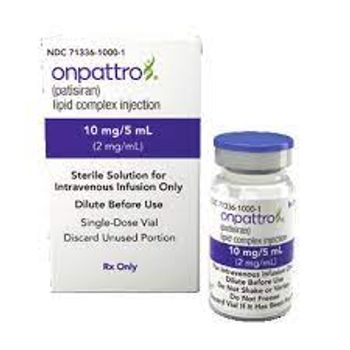
A phase 3 study demonstrated that Onpattro improved functional capacity, health status and quality of life compared with placebo in this patient population.

If approved, Evkeeza would be the first treatment to help children as young as 5 years old control high LDL cholesterol caused by homozygous familial hypercholesterolemia. The FDA target action date is March 30, 2023.
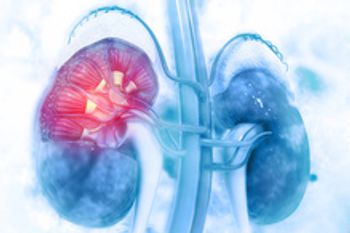
If approved, Xphozah will be the first phosphate absorption inhibitor for adults with chronic kidney disease who are on dialysis. An FDA decision is expected within 30 days.
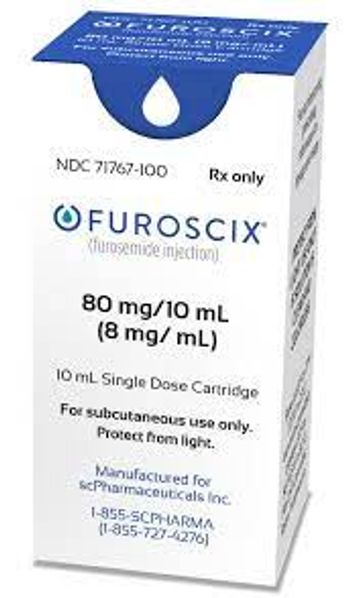
Furoscix can be administered at home with the use of the On-Body Infusor, which delivers furosemide over five hours. It will be launched in the first quarter of 2023.
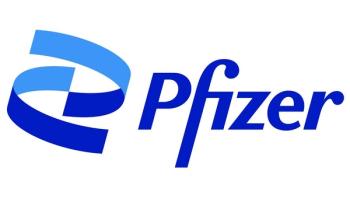
Results indicated the trial is unlikely to meet its primary endpoint, the change from baseline in the six-minute walk test at 24 weeks.

A novel therapy in early development aims to permanently turn off the PCSK9 gene in the liver and lower cholesterol with a one-time treatment. It is being developed for a genetic form of high cholesterol.
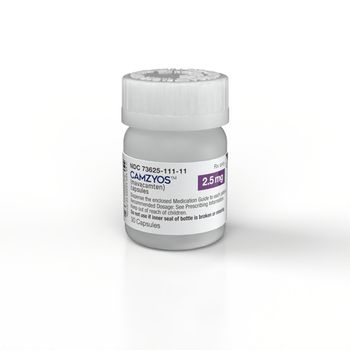
Now called Camzyos, the therapy is first-in-class and treats the underlying cause of the disease. It is expected to be available next week.

The recall of Accuretic and generics distributed by Greenstone is a result of the presence of a cancer-causing agent.
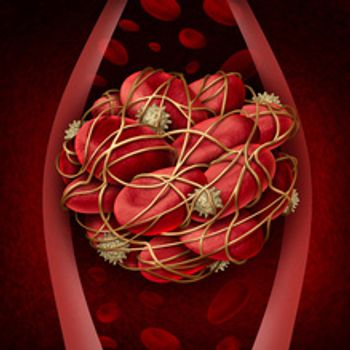
But there is no significant difference in rate of hospitalization for major bleeding when Eliquis is compared with Xarelto or warfarin.

Researchers suggest that adjusting the prescribing patterns of about 8% of physicians could result in substantial savings.

The study found that nearly half of Americans diagnosed with high blood pressure do not have it sufficiently controlled.
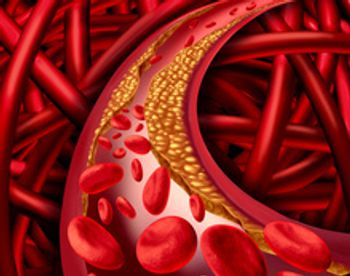
Across all payers, the use of generic statins has resulted in a savings of $11.9 billion annually.

JAMA Internal Medicine editor and a UCSF colleague wrote in a New England Journ of Medicine opinion piece that the decision highlights the need to establish a new requirement that would make coverage decisions contingent on evidence of benefit for Medicare population.



